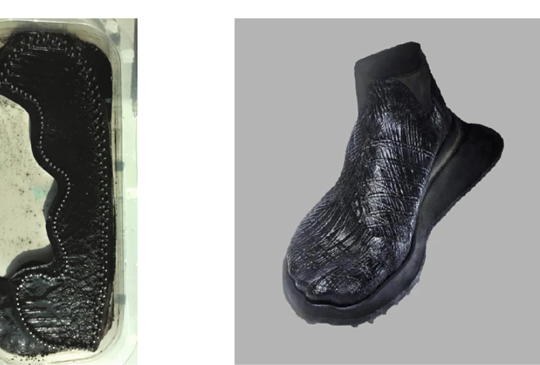How to Live a More Eco-Friendly Lifestyle
The world is suffering at the hands of climate change; that much is clear. The damage has been done on other continents, with flooding and drought disrupting natural systems and international populations. Nations are working together to curb the impacts of climate change, thanks in large part to pressure from the public. That pressure is also a strong driver for many of us, hoping to live a more sustainable lifestyle for the good of ourselves and the planet.
A lot of your transition to living in a more eco-friendly way involves, quite simply, recognising unsustainable habits in everyday life and working to reverse them. These are everywhere, and, while your own personal contributions might not make a large difference in the grand scheme of things, taking these steps to minimising your impact can be a fantastic way of leading by example and inspiring others.
Buy Second-Hand
One of the key ways in which unsustainable habits are sustained is through consumerism. We are encouraged by major brands to buy according to trends and to buy again when those trends change. This is particularly visible in the fashion world, where fast fashion brands churn out new designs at low prices and astonishing pace. These new goods cost a lot of carbon to produce and ship, to say nothing of the impacts that clothing waste has on natural environments around the world.
The solution here is to buy second-hand, rescinding your participation in a wasteful cycle and making the most of existing, local resources in the process. Of course, you can apply this logic to every corner of your life. Rather than buying a new car with a large carbon footprint from manufacture and shipping, you could instead opt for a second-hand vehicle from a local dealership.
Reduce Consumption
There is a more general message here too, regarding our relationship with consumption. Just as clothing items are worn and disposed of with alarming ease, so too do other areas demonstrate wastefulness in overconsumption.
Millions of tonnes of good food are thrown away each year, while the meat, dairy, and rice industry alone could be responsible for bulldozing the planet past a 1.5C climate target. On an individual level, taking more care with how much you buy each week can have multiple impacts. For one, life gets a little more affordable; for another, your carbon footprint and waste output shrink together.
Simple Swaps
Lastly, it isn’t just the big lifestyle shifts that reaffirm a positive attitude toward sustainability. The little things can also go a long way, whether making a point of bringing a flask or water bottle with you wherever you go or opting to walk instead of driving in your local area. Living sustainably has never been harder, but it has also never been so easy.










